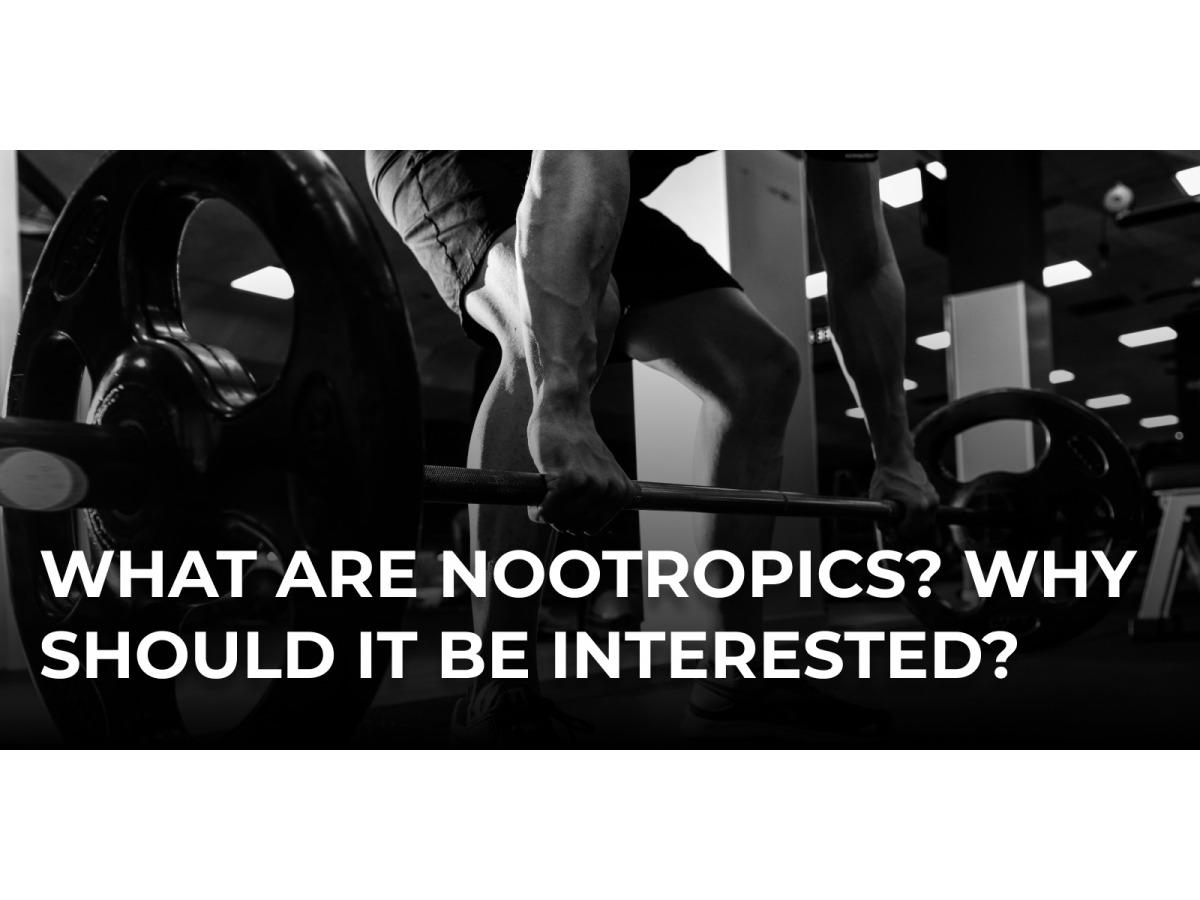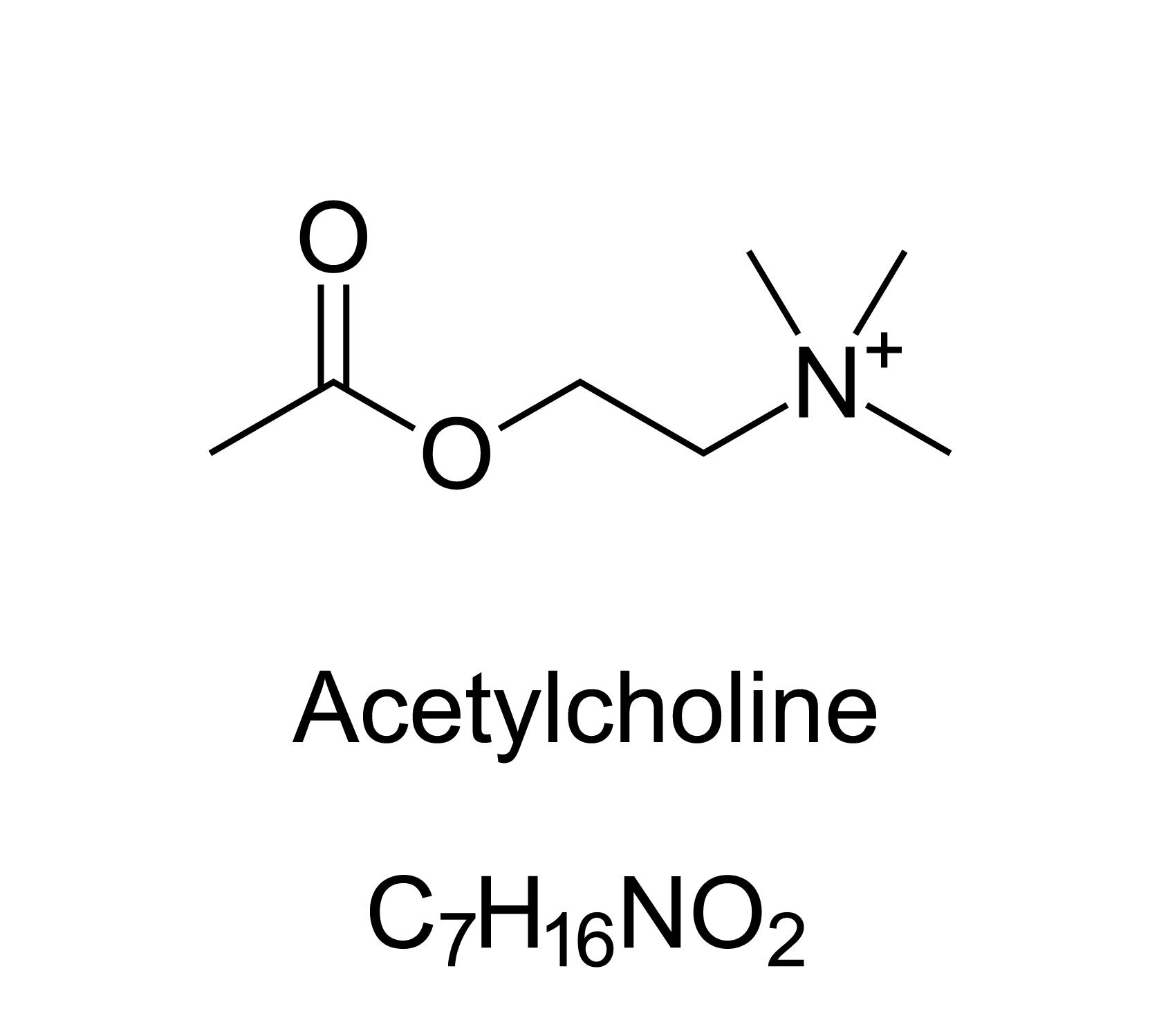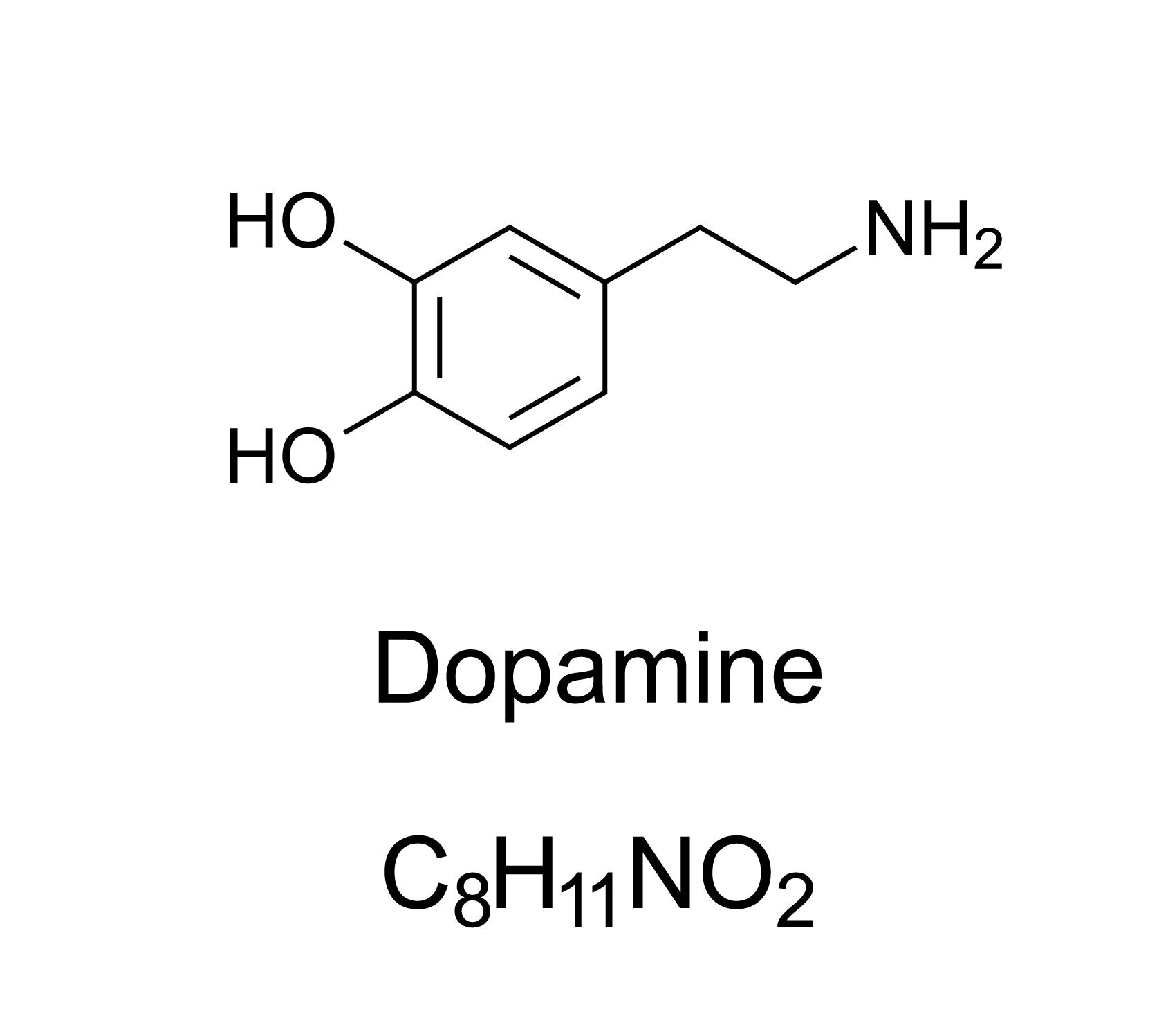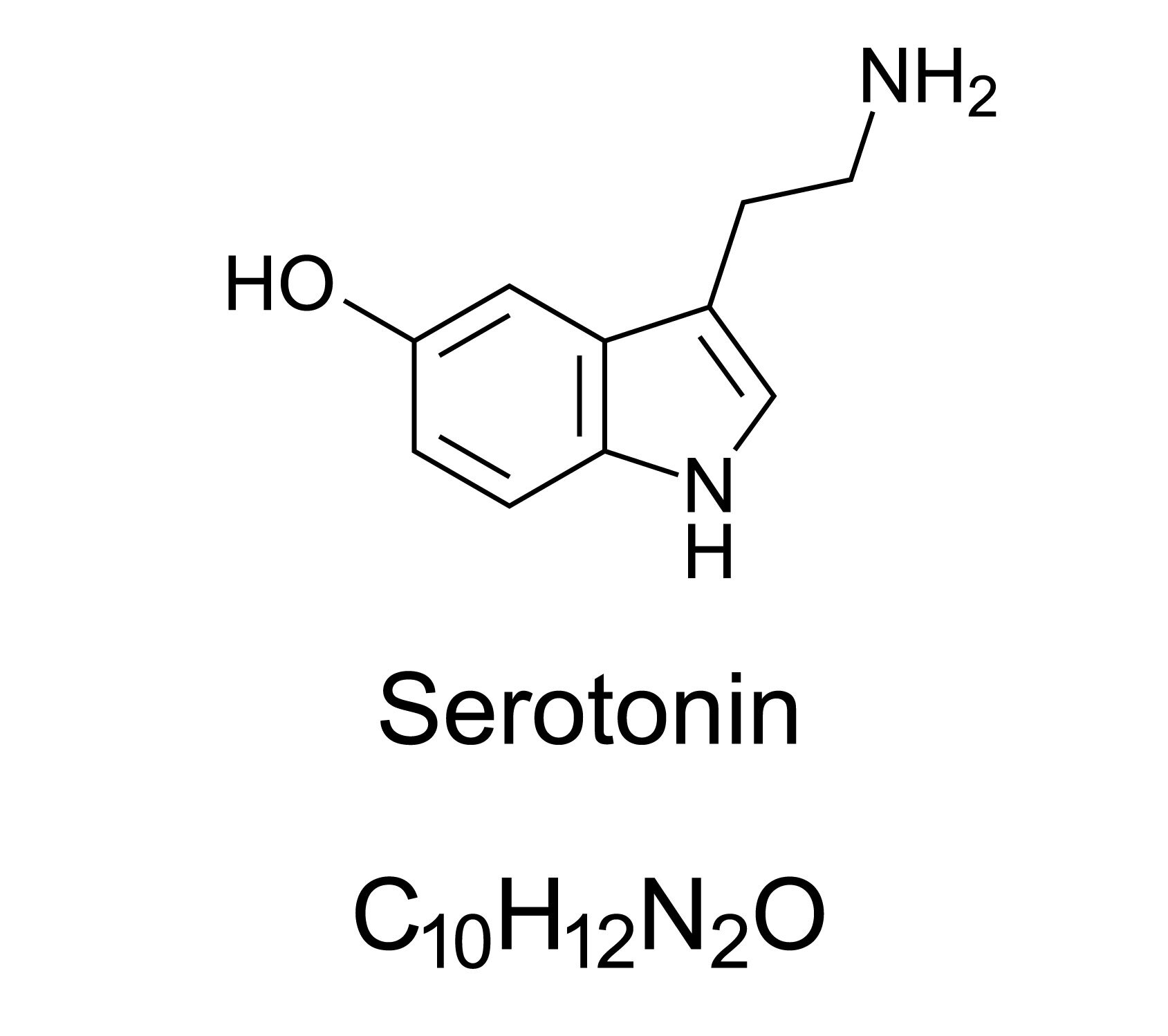What Are Nootropics? Why Should It be Interested?
Thinking about improving your memory or attention?
Most individuals do which is why nootropics have become so much popular in the recent past. It’s a common problem that almost everyone experiences — many people have difficulty remembering things, even when they know for certain that their brain hasn’t been impacted by any type of disease.
In this article, I will give you an introduction to what nootropics are and how they function as well as provide some examples of nootropic plants and supplements to try first.
What Does “Nootropic” Mean?
Nootropics are health boosters for the brain. To qualify as a nootropic, it should not harm the brain or other organs in the body when taken in standard doses.
The word “nootropic” essentially means “pliable mind,” referring to its ability to change thoughts quickly.
Nootropic compounds are nearly similar to adaptogens. The difference is that adaptogens enhance overall well-being while nootropics target brain function exclusively. There are nutraceuticals (isolated nutrients designed to elicit specific effects on the body), synthetic amino acids, and plant extracts as various types of nootropic substances available.
Are Nootropics Drugs?
The main idea is that nootropics must be brain-friendly and never have any harmful action.
Most drugs used for ADD or ADHD done by pharmaceutical companies do not meet this condition, as they damage the brain even while enhancing cognitive faculties when under their influence.
Some nootropics are drugs – such as Modafinil or Armodafinil – but there is much dispute regarding whether these compounds qualify as nootropics. The trouble with all of these agents is that they damage the nervous system, which contradicts the notion that a nootropic has to be completely harmless to qualify.
Most of the time, nootropic substances have been demonstrated to cause long-term effects whereas many drugs used for treating ADHD need chronic administration and in some cases harm to cognition throughout the life span of users.
In addition, herbs can also be used as a way of getting a lot of neurogenic benefits since most of them have actions on cognitive function that normalize, balance, or regulate different processes in the brain or give rise to many precursors needed before neurotransmitters may happen at all.
Common Applications Of Nootropics
For athletic performance and recovery;
As an examination tool;
Boost work concentration;
To enhance language learning;
Stimulating creativity;
Managing mental strains;
Preventing cognitive disorders like dementia and Alzheimer’s disease
How do Nootropics Work?
1. Increase Blood Flow To The Brain.
The increased blood flow to your brain will also provide more energy in the form of glucose and ketones, as well as oxygen for your brain cells. This is useful because it can help rid the harmful byproducts that naturally occur in your mind while cleaning out any build-up from them over time.
When permitted to linger too long, their accumulation has been linked to senility and Alzheimer’s disease, among other forms of age-related cognitive decline. Improving the supply of the blood flowing through vessels towards the brain would make you have a higher ability of thinking during old age hence reducing the chances of getting cognitive ailments.
Examples Include:
Ginkgo biloba
Huperzine A
Vinpocetine
L-Theanine
2. Increase Acetylcholine Activity.
Acetylcholine is one of the most essential neurotransmitters throughout our entire body system. It governs muscle contractions outside our brains but in our brains acts in the prefrontal cortex which aids in higher thought process generation. Acetylcholine serves as a bridge between the mind and muscles; besides, it facilitates us to store and recall memories from deep inside our minds.
Examples include:
Potency wood
Alpha-glyceryl phosphorylcholine
Huperzia Serrata
ALCAR
Lecithin
3. Raise Dopamine Levels
Dopamine is one of the major neurotransmitters responsible for emotions and it works in conjunction with serotonin and others to broadcast messages throughout the mind and body. Dopamine also plays a vital role in old memory retrieval and new memory storage.
Examples include:
Trichilia Antigua
Centella Asiatica
Arcalion, ETC.
Phenylalanine
Tyrosine
L-Theanine
4. Increase GABA Activity
GABA is crucial for pain transmission as well as sleep patterns. It is commonly used in treating ADHD among children below 10 years of age. Also, GABA has an impact on our memory and concentration abilities. In many anti-anxiety drugs, including benzodiazepines such as Valium, Xanax, and barbiturates, GABA plays an important role. If taken in smaller doses or from plants, reinforcing GABA usually induces calmness while reducing anxiety levels that can be significantly improved through our focus, concentration, or general mood.
Examples include:
Piper methysticum (Kava)
Mg
Cyclohexanehexol Myo-Inositol cis-1
Levotan L-theanine γ-amide ethyl ester Hops (Humulus lupulus)
Magnolia officinalis Rehd & Wils., etc.
5. Boost Serotonin Levels
The brain has many functions for serotonin; people generally associate it as being the happy chemical but it’s related to learning and memory; other aspects of mood too are influenced by its action through different receptor sites in the brain. People with serotonin issues tend to find it harder to concentrate as well as store new memories. Moreover, they may have problems controlling their mood and being attentive.
Examples Include:
St. John’s Wort
5HTP
Kava
Cannabidiol
Passionflower
6. Supporting The Regeneration & Health Of Nerve Cells
The word used in the expression “improving neuronal structure” implies that the body must be given all the necessary building blocks for optimal functioning of brain structures. Just like any other cell in our bodies, there is a lot of maintenance that needs to be done to keep the system working at its peak efficiency.
For example, there are dozens of supportive cells located throughout the bloodstream and the brain that exist solely to clean, protect, or repair brain cells. To ensure that your brain keeps on functioning optimally, by providing these cells with what they need (such as omega fatty acids and B vitamins), one has to maintain optimal levels of performance.
Some nootropics such as Lion’s mane mushroom may even enhance the activity of nerve growth factor (NGF) – which stimulates the production and repair of nerve cells via chemical messengers.
Examples Include:
Omega-3 fatty acids (especially DHA)
B-vitamins
Lion’s mane mushroom
Phosphatidylserine
Psilocybin
Mitochondria drawing
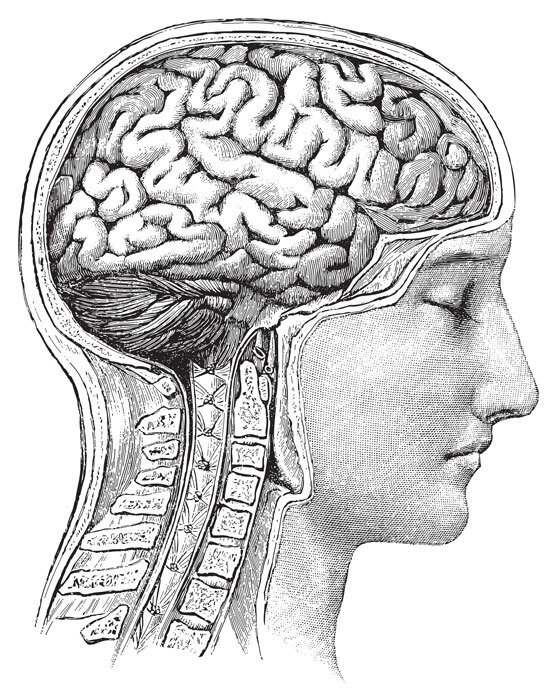
7. How to Prevent Brain Oxidative Damage
Breathing is one of the necessities for survival; all our cells use it to produce energy that powers them. The problem is that oxygen is also slowly killing us. Oxygen molecules have the unique property of generating cellular energy as well as damaging other molecules. For this purpose, it steals electrons from several atoms to keep these for itself rather than sharing with those other atoms rendering them useless when they act in this manner; it can eventually kill the cell.
If enough cells die, so will the tissue. The skin illustrates this clearly when aging starts. Due to oxidation, wrinkles emerge on the skin and its elasticity disappears. Such could be the case if your brain cells fail to defend themselves against free radicals such as oxygen or any other free radical compounds which lead to the same thing happening.
Some of these byproducts emitted by normal cell function also have these characteristics and may damage neurons in the brain if they are left un-neutralized or uncleared. However, high consumption of meals containing antioxidants can decrease damages caused by these substances and guard our precious neurons against any harm.
For Example:
Muira puama
Green tea
Passionflower
Resveratrol
Pterostilbene
Turmeric
8. Support Energy Production in the Brain
This one may be fairly upfront – but it goes deeper than it looks. Giving energy to the brain involves eating enough food, but it could also mean doing extra things to ensure that the mitochondria (powerhouses of the cells) function at their very best.
This means supplying all the cells with amino acids, minerals, and vitamins they need for them to perform their functions effectively.
These include:
Magnesium
L-carnitine
N-acetyl-cysteine
B-vitamins
Vitamin C
Final Thoughts: Nootropics
Nootropics is a fascinating area of study. There are hundreds of new articles looking into nootropics’ uses and potential roles every year. It has been shown that Nootropics can help with chronic neurodegenerative diseases like Alzheimer’s disease, Parkinson’s disease, and dementia.
Moreover, some research indicates that nootropics can be an alternative medicine for anxiety, depression, and addiction.

